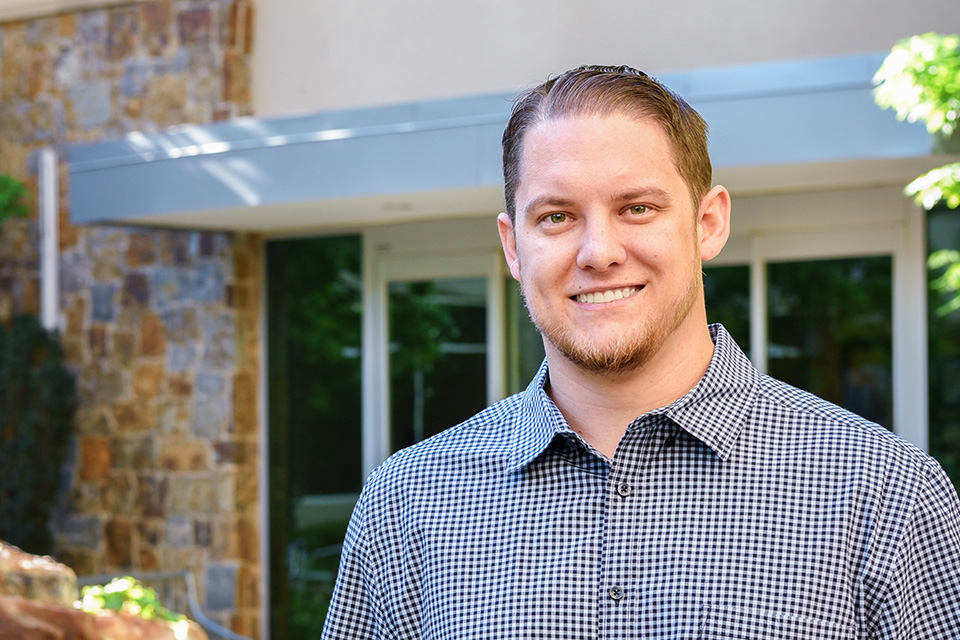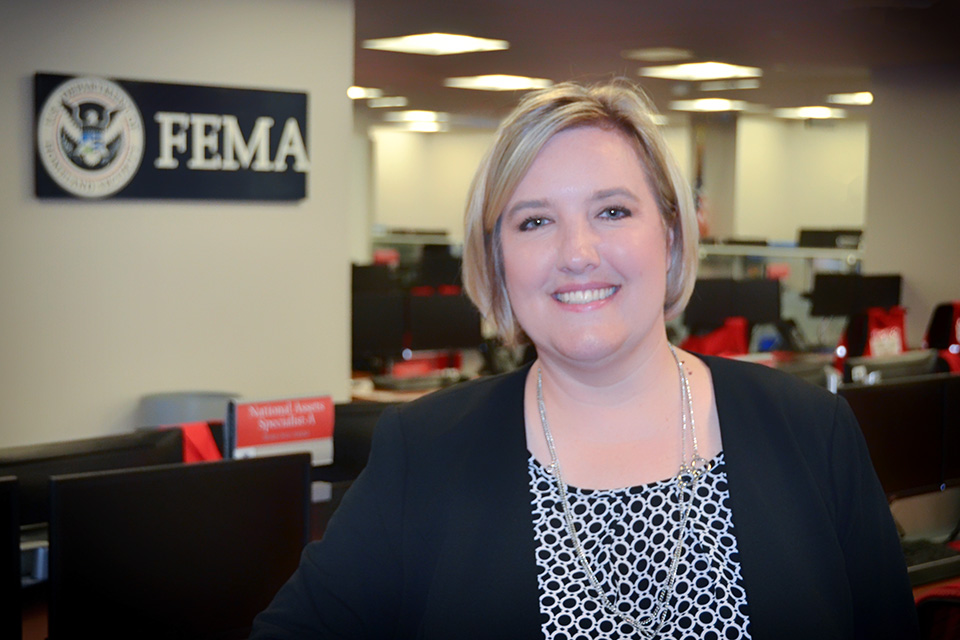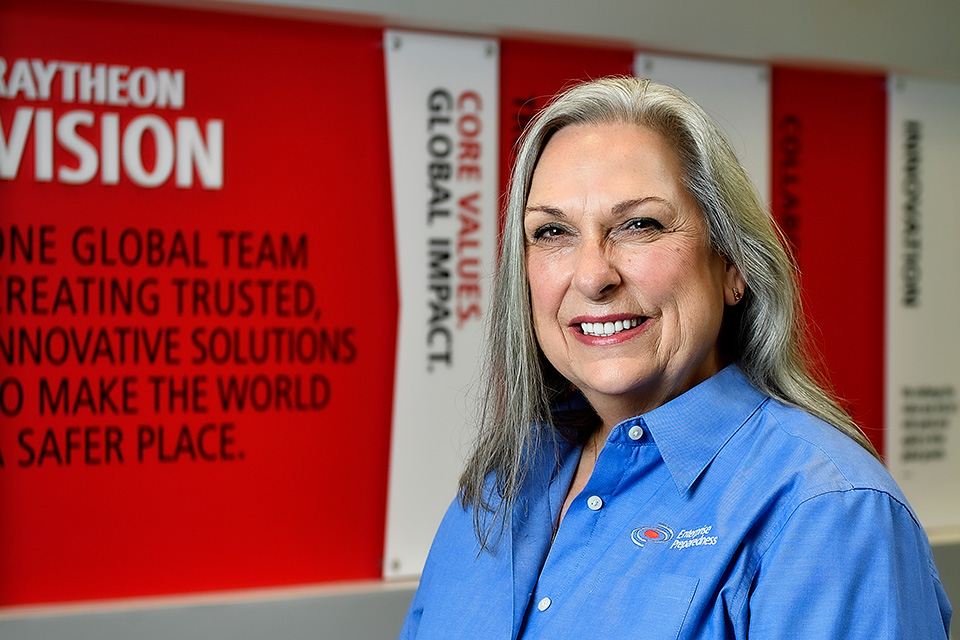s a kid, Luis Tapia ('06, '08 M.P.A.) loved watching Godzilla movies. It wasn't the oversized green sea monster that captivated Tapia, but a concern for the cities left behind in its terrorizing wake.
"I was always worried about those communities that Godzilla was stepping on and destroying," Tapia says. "I wondered, how can they be safe?"
That question of preparedness is one emergency planners and business continuity managers like Tapia -- a resiliency relationship manager for Fannie Mae and adjunct professor in UNT's emergency management and disaster science program -- answer every day. No matter the disaster, whether it be natural or manmade, building a proactive strategy is key.
UNT researchers and alumni work in areas such as emergency management and disaster science, computer science and logistics to mitigate human suffering and economic loss, not only following an event as people and businesses rebuild, but before the disaster has even happened. UNT faculty are exploring disasters' impact on tourism and have used data analytics to develop an evidence-based response planning tool to help emergency planners save time and money. They are researching home buyout programs in Houston after Hurricane Harvey, long-term recovery from Superstorm Sandy and disaster preparedness in Native American communities. And through UNT's Jim McNatt Institute for Logistics Research, faculty and students across disciplines seek to better understand logistics systems and why some businesses fail to reopen after disasters.


